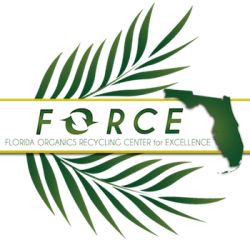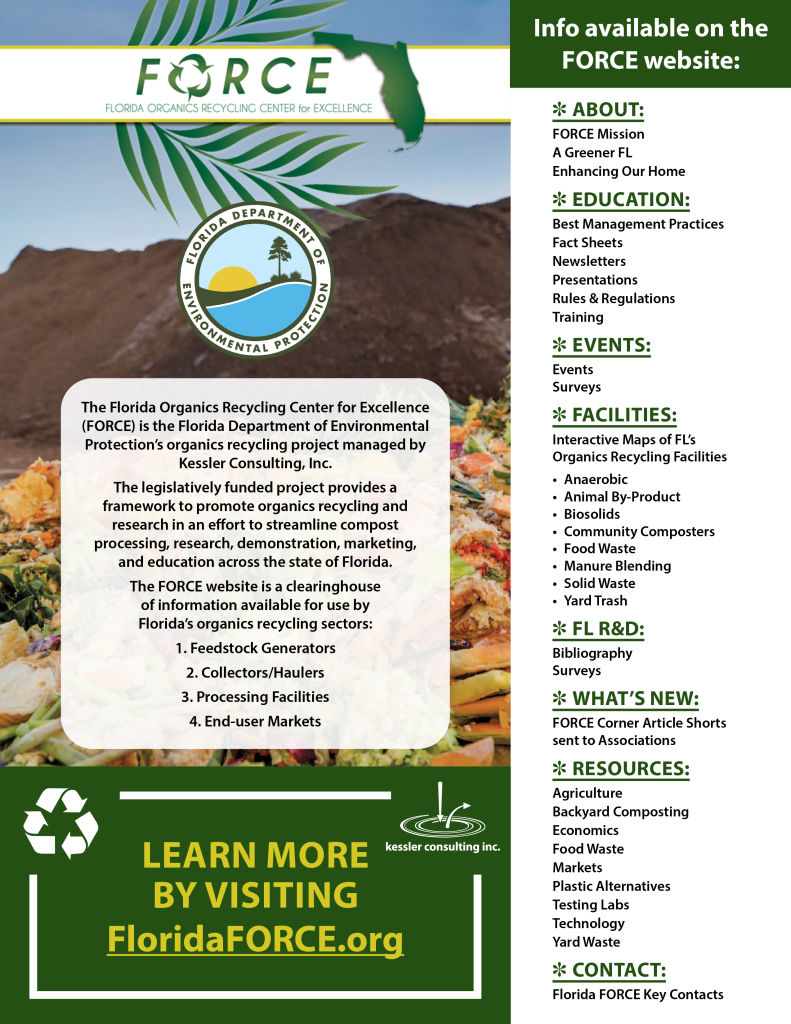Compost manufacturing creates a myriad of economic opportunities and benefits. These include job creation (composting plants have been shown to create and sustain more jobs than other disposal sites such as landfills or waste-to-energy plants), reduced landfill costs on a local level, and reduced garbage fees for residents and businesses. Using compost helps reduce production costs for farmers. They can spend less money on fertilizers, pesticides and irrigation and realize savings that leave them with more money to pour into expanding their production capacities. In addition, higher yields have been shown for fields that use compost. Compost manufacturing transforms trash into a valuable resource that will generate more revenue and food, and lead to a healthier environment. This page is intended to provide information and resources surrounding the economic impacts of compost manufacturing and use.
Financing Industrial Composting Facilities: Challenges and Opportunities
This newly released U.S. Composting Council white paper identifies grant funding and other financing mechanisms for the growing U.S. compost manufacturing industry and makes recommendations for entrepreneurs and policymakers on expanding and using these methods.
Who is ReFED?
ReFED is a multi-stakeholder nonprofit, powered by an influential network of the nation’s leading business, nonprofit, foundation, and government leaders committed to reducing U.S. food waste. ReFED takes a data-driven approach to move the food system from acting on instinct to insights to solve our national food waste problem. Solutions already exist to cut food waste by 20% nationwide. ReFED has identified 27 of the best opportunities through the Roadmap to Reduce U.S. Food Waste, a first-of-its-kind economic analysis, making it easier for stakeholders across the food supply chain to meet the national 50% reduction goal by 2030.
What is ReFED?
ReFED is a collaboration of restaurants/grocers, farmers, nonprofit, foundations, and government leaders committed to reducing food waste in the United States. ReFED seeks to unlock new philanthropic and investment capital, along with technology, business, and policy innovation, which is projected to catalyze tens of thousands of new jobs, recover billions of meals annually for the hungry, and reduce national water use and greenhouse gas emissions. ReFED was formed in early 2015 to create a Roadmap to Reduce U.S. Food Waste, the first ever national economic study and action plan driven by a multi-stakeholder group committed to tackling food waste at scale. The Roadmap is designed to fill the gap between awareness and action by creating transparency in the waste flows, costs, and opportunities of a more efficient food system achieved by preventing, recovering, and recycling food waste.” (Source: ReFED, A Roadmap to Reduce US Food Waste by 20%, Report 2016)
In 2016, ReFED released the following report, A Roadmap to Reduce US Food Waste by 20% to help guide US stakeholders to reach this goal.
2016 ReFED REPORT

